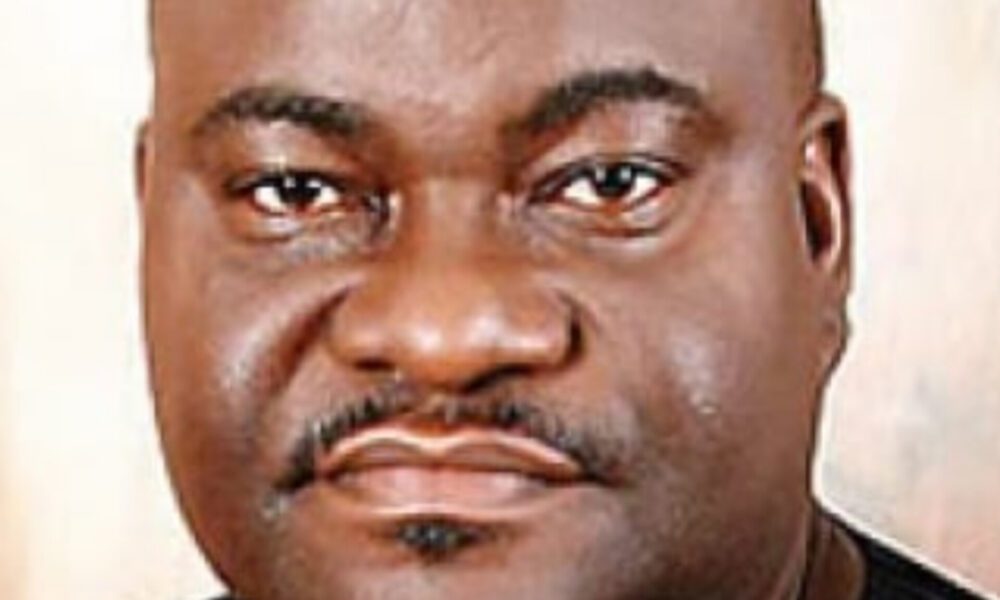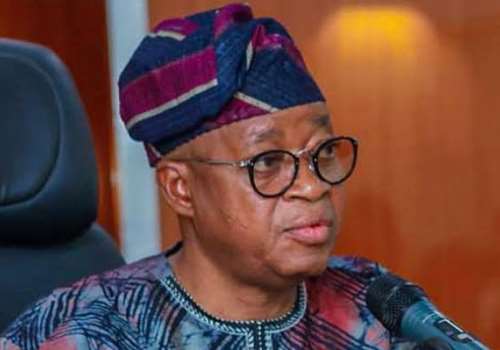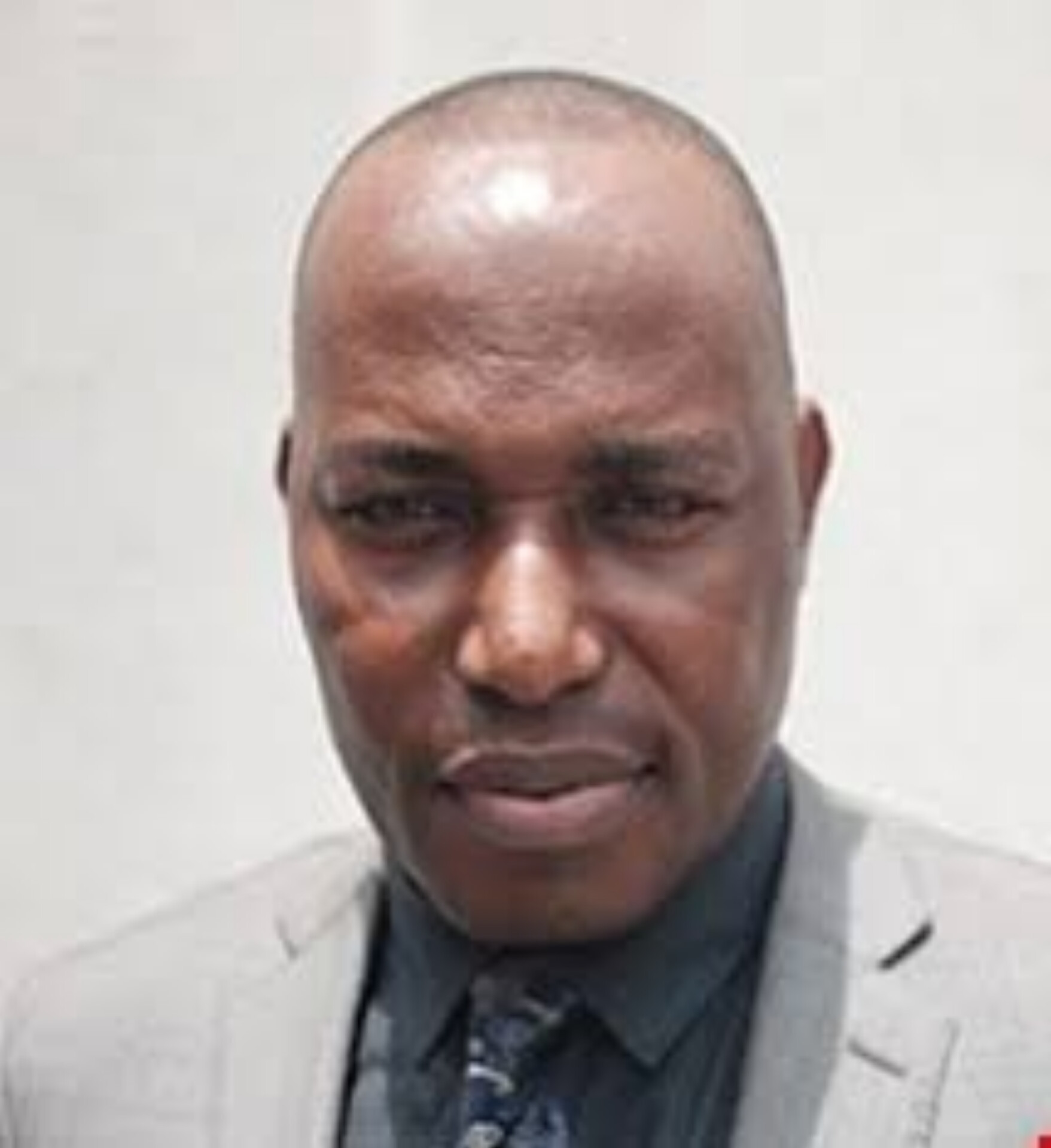By Tunde Olusunle
It may be well over two years to the next cycle of general elections in Nigeria. For the people of Apa/Agatu federal constituency in *Benue South, however, the measure of their participation and integration into the governance scheme will be defined in the run-up to the general polls that year. Nine local government areas make up the predominantly Idoma country of Benue State also labelled Zone C in the senatorial tripod of the geo-polity. The zone is also home to the Igede ethnic stock and the Etulo. Local government areas in “Benue Zone C” include: Apa, Agatu, Oju, Obi, Ado, Ogbadibo, Okpokwu, Otukpo and Ohimini. The other zones, Benue North East and Benue North West, are wholly dominated by the Tiv nationality, striding across 14 local government areas. They are christened Zone A and Zone B in the local political scheme of the state. Federal constituencies in Benue South are: Apa/Agatu, Oju/Obi; Ado/Ogbadibo/Opokwu and Otukpo/Ohimini.

The subjugation of groups and ethnicities considered demographically smaller, by the larger groups which has dominated Nigeria’s politics over time, has not been any different for the Idoma of Benue State. Until the circumstantial emergence of a Yahaya Bello from the Ebira ethnicity in Kogi State in 2015, the Igala had the relay baton of governorship of Kogi State, in rounds and succession. The Ebiras and the Okun-Yoruba zones in the state could only aspire to be serial deputies or Secretaries to the State Government. This political template was virtually cast in stone. The Ilorin people of Kwara State have similarly wholly warehoused the gubernatorial office, sparingly conceding the position to other sociocultural groups in the state. The only exception was the concession of the seat to a candidate from Kwara South, in the person of Abdulfatah Ahmed, by his predecessor, Bukola Saraki in 2011. Even at that, there were murmurs and dissent from those who believed Ahmed came from a community too close to the Ilorin emirate to be of genuine Igbomina stock, which prides itself as the pure Yoruba species in Kwara State.
Twenty-six years into the Fourth Republic, the maximum proximity of the Idoma to Government House, Makurdi, has been by the customary allocation of the Deputy Governor’s slot to its people. Ogirri Ajene from Oju/Obi, the charismatic blue-blood of blessed memory, was deputy to George Akume, incumbent Secretary to the Government of the Federation, (SGF), from 1999 to 2007. Akume it was reported, genuinely desired to be succeeded by Ajene who exhibited competence and loyalty and could build on their legacies. The Tiv nation we understand, shot down the proposal. Gabriel Suswam succeeded Akume and had the urbane multipreneur, Stephen Lawani from Ogbadibo as deputy. Samuel Ortom, a Minister in the Goodluck Jonathan presidency who took over from Suswam opted for Benson Abounu, an engineer from Otukpo as running mate, while Hyacinth Alia, the Catholic priest who succeeded Ortom, also chose as deputy, Samuel Ode, who was also a Minister in the Jonathan government, from Otukpo. Arising from this precedence, Apa/Agatu has not for once, been considered for a place in Government House, Makurdi.
In similar fashion, the position of Senator representing Benue South, has repeatedly precluded Apa/Agatu federal constituency. David Alechenu Bonaventure Mark a former army General from Otukpo, took the first shot at the office in 1999. He was to remain in the position for five consecutive times, a distinctive record by Nigerian standards. Mark would subsequently become President of the Senate and the third most senior political office holder in the nation’s governance scheme for a string of two terms between 2007 and 2015. He was replaced by Patrick Abba Moro, who hails from Okpokwu and was a former teacher, in 2019. Abba Moro who previously served as Minister of Interior in the Jonathan government from 2011 to 2015, won a second term at the 2023 general elections and remains substantive Senator for “Benue Zone C.” He is indeed incumbent Minority Leader of the Senate, and thus a principal officer in the leadership scheme of the “red chambers.”
While Moro is barely two years into his second term, there are suggestions that he is interested in a third term which should run from 2027 to 2031! This is the core issue which has dominated contemporary political discourse in Benue South, especially from the Apa/Agatu bloc. For Apa/Agatu, it is bad enough that they are repeatedly bypassed in the nomination of deputy governors in the scheme of state politics. It is worse that they are equally subjugated by their own kinsmen within the context of politics in *Idoma and Igede land.* This is particularly worrying when both local government areas constituting the Apa/Agatu federal constituency, Apa and Agatu, are not in anyway deficient in human resources to represent Benue South. Names like John Elaigwu Odogbo, the incumbent *Och’Idoma* and respected clergy; Isa Innocent Ekoja, renowned Professor and Librarian; Sonny Togo Echono, FNIA, OON, Executive Secretary, Tertiary Education Trust Fund, (TETFUND), and John Mgbede, Emeritus State Chairman of the Peoples Democratic Party, (PDP), Benue State, readily come to mind.
Major General R.I. Adoba, (rtd), a former Chief Training and Operations in the Nigerian Army; Professor Emmanuel Adanu, former Director of the Kaduna-based National Water Resources Institute, (NWRI) and the US-based specialist in internal medicine, Dr Raymond Audu, are eminent Apa/Agatu constituents. There are also Ada Egahi, long-serving technocrat who retired from the National Primary Healthcare Development Agency, (NPHDA), and Super Eagles forward, Moses Simon, (why not, hasn’t the retired soccer star, George Opong Weah just completed his term as President of Liberia)? The Member Representing Apa/Agatu in the House of Representatives, Godday Samuel Odagboyi, an office previously held by Solomon Agidani, as well as Adamu Ochepo Entonu, is, like his predecessors, a prominent figure from the resourceful Apa/Agatu federal constituency.
The Olofu brothers, Tony Adejoh, a retired Assistant Inspector General of Police, (AIG), and David, PhD, a renowned management and financial strategist, who is also an Emeritus Member of the Benue State Executive Council during the Ortom dispensation, are from the same federal constituency. So is Abu Umoru, a serial entrepreneur who represents Apa State Constituency in the Benue State House of Assembly. The continuing intra-zonal alienation of Apa-Agatu from the politics of Benue Zone C, remains a sore thumb which must be clinically diagnosed and intentionally treated in the run-up to 2027.
If previous top level political office holders from Idomaland in general and Apa/Agatu in particular, had diligently applied themselves to tangible, multisectoral development of the zone and constituency, the present clamour for inclusiveness would probably been less vociferous. *River Agatu* which flows from Kogi State, and runs through Agatu before emptying into *River Benue,* is a potential game changer in the socioeconomy of Apa/Agatu, Benue South and Benue State in general. Properly harnessed, it can revolutionise agriculture and aquaculture in the state, beyond subsistence levels which are the primary vocations of the indigenous people. Rice, yam, guinea corn, millet and similar grains, thrive in the fertile soils of the area. These can support “first level” processing of produce and guarantee value addition beneficial to the primary producers, before being shipped to other markets. River Agatu can indeed be dammed to provide hydro-electricity to power the entire gamut of Idomaland.
The infrastructure deficit in Benue South with specific reference to Apa/Agatu is equally very concerning. A notable pattern in Nigerian politics is its self-centeredness, the penchant for political players to prioritise their personal wellbeing and the development of their immediate space. This has accentuated the ever recurring desire of people to ascend the political pedestals of their predecessors if that is the principal window by which they can also privilege their own primary constituents. Motorable roads are non-existent, seamless travel between communities therefore encumbered. Expectedly this has been a major impediment to subsistent trade and social engagements between constituents and their kinsmen. Primary health facilities are almost non-existent, compelling people to flock to Otukpo, headquarters of Benue South, for the minutest of medical advice and treatment.
Apa/Agatu pitiably bleeds from the relentless and condemnable activities of vagrants and bandits who have reduced the constituency into a killing field. Reports suggest that in the past 15 years, no less than 2500 lives were lost to the vicious attacks of marauders and trespassers in the area under reference. This unnerving situation has compelled engagements between concerned Apa/Agatu leaders, and the leadership of the Nigeria Police Force, (NPF). The prayer is for the swift establishment of a mobile police outpost in the troubled sub-zone to contain bloodletting. The proposal, anchored by AIG Tony Olofu, NPOM, (rtd), and Echono, has received the blessings of the police high command. At the last update, a commander for the outfit had been named, while the deployment of personnel had begun in earnest.
It is very clear that in the march towards 2027, Apa/Agatu will refuse, very vehemently, to be sidelined and trampled upon in the political scheme of their senatorial zone. Abba Moro may desire a third term in the Senate, but the people of Apa/Agatu are quick to remind him that his curriculum vitae as a politician is sufficiently sumptuous for him to yield the seat in the “red chambers” and sit back like an elder statesman. They remind you that for a man who began his working life modestly as a lecturer in the Federal Polytechnic, Ugbokolo in 1991, Abba Moro has done extremely well for himself in Nigerian politics. For reminders, Abba Moro was elected Chairman of Okpokwu local government in the state as far back as 1998. Ever since, he has remained a permanent fixture in Nigeria’s national politics.
The people of Apa/Agatu will put up a determined fight for the Benue South senatorial seat in 2027, and no one should begrudge them. They are the proverbial ram which was pushed to the wall, which must of necessity push back with angered horns to liberate itself. They are already engaging with their kith across “Benue Zone C” to ensure that intra-zonal equity, fairness and justice, prevails in communal politics.
Tunde Olusunle, PhD, Fellow of the Association of Nigerian Authors, (FANA), teaches Creative Writing at the University of Abuja





